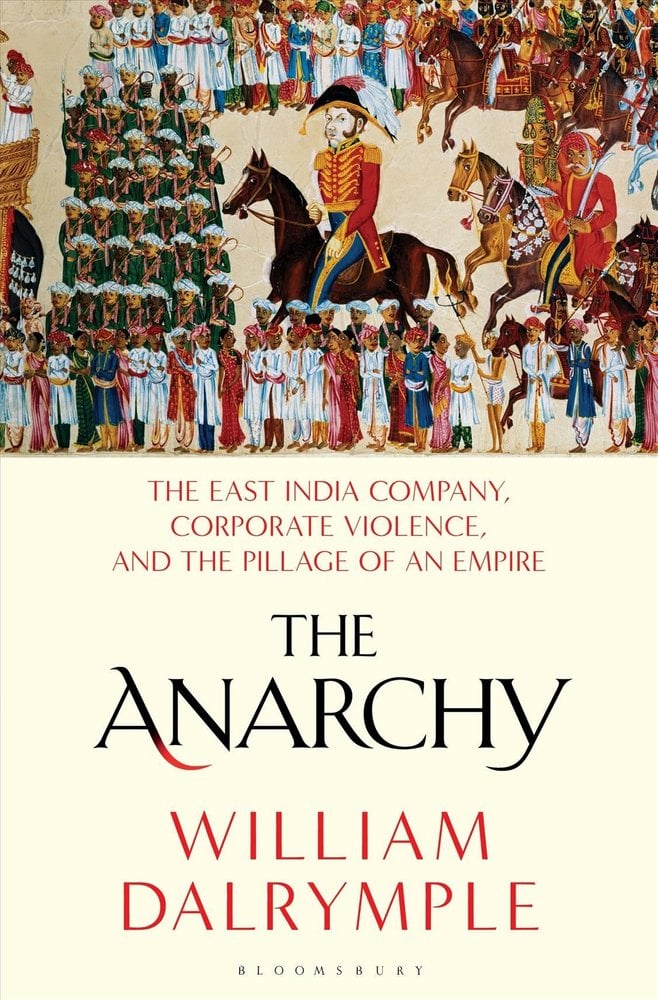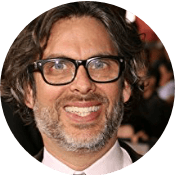

In contrast, if had you visited Delhi 150 years ago this month, in July 1858, you would have found that this city, which was the cultural capital of North India for so many centuries, had been left completely deserted and empty. I have just flown in from Delhi, which today is a city of about 15 million people, if you count the various suburbs on the edge that have sprung up over the last few years. Mahler's Heavenly Retreats, by Keith James Clarke

The Question of Beauty in Architecture, by Alain de Botton Goethe and his Influence on German Song, by Professor Richard Stokes

Other lectures in this City of London Festival series include: William Dalrymple wrote and presented the award-winning TV documentaries Stones of the Raj and Indian Journeys, and his Radio 4 series on the history of British spirituality and mysticism, The Long Search, won the Sandford St Martin Prize for Religious Broadcasting, being described by the judges as "thrilling in its brilliance. The siege of Delhi in 1857 is perhaps the seminal event in the history of Empire, and it saw thousands die in fighting on both sides, and then the execution of ten of thousands of Indians once the British troops had regained the now ruined city.īest-selling novellist, historian and travel writer William Dalrymple will fly from India to London to deliver a lecture as part of the College's contribution to the City of London Festival programme. Bahadur Shah Zafar II, the last Mughal Emperor of India, was a mystic, an accomplished poet and a skilled calligrapher, but he will be mainly remembered for giving his blessing to the largest uprising of the 19th Century.


 0 kommentar(er)
0 kommentar(er)
